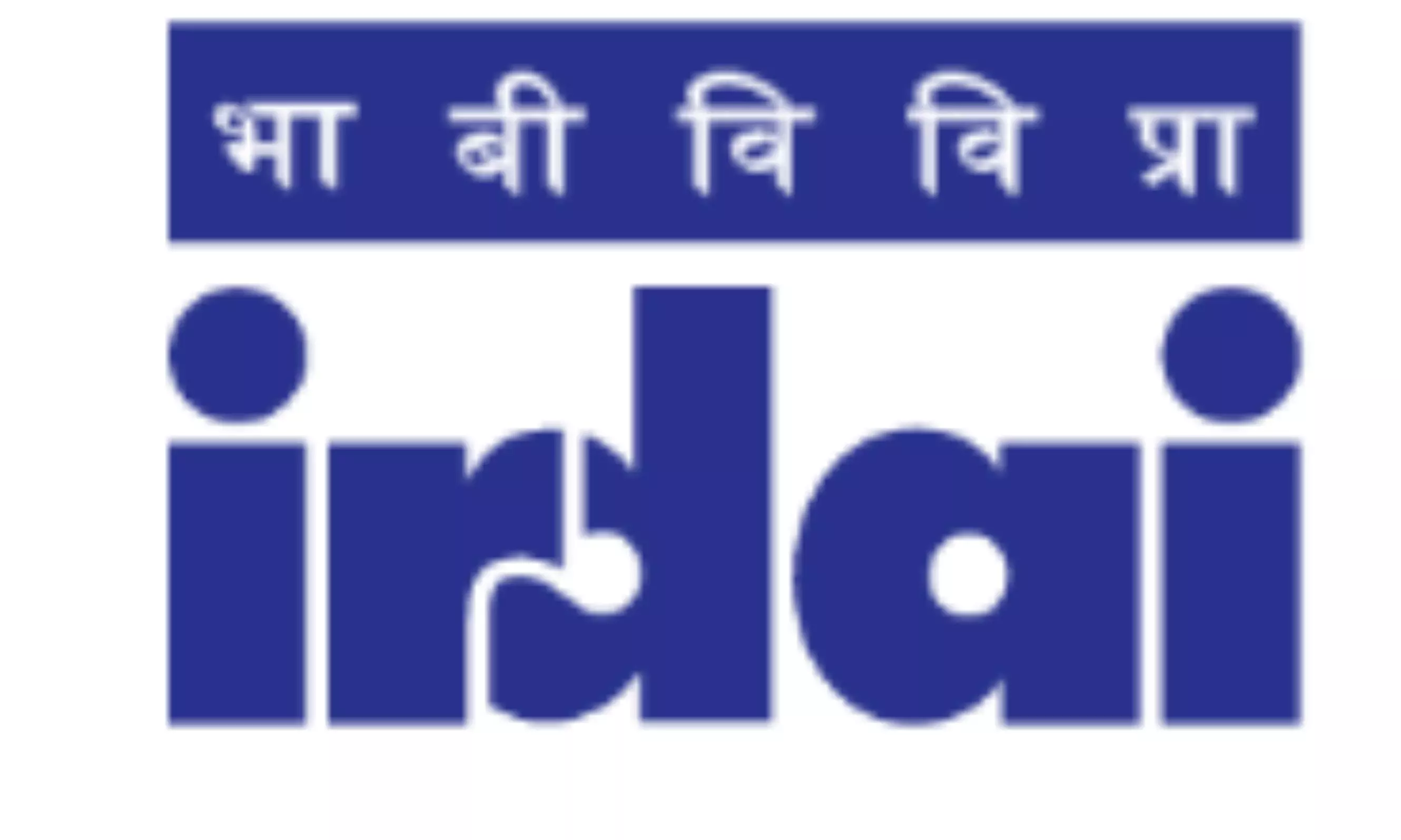IRDAI May Raise Special Surrender Value

Mumbai: To ensure fair treatment to policyholders, the Insurance Regulatory and Development Authority of India (IRDAI) is in discussions with life insurers to raise the final surrender value paid to policyholders.
According to industry sources, the regulator could look at increasing the special surrender value or could define a principle on how the Special Surrender Value should move. Special surrender value reflects the value of investments and depends on various factors such as sum assured, bonuses, policy term and premiums paid.
“Life insurance is a long term contract. There could be a situation such as a medical emergency where the policyholder may require funds. So the long-term contract should provide liquidity when required. The regulator could look at raising the Special Surrender Value or define the principle on how the SSV could move (depending on various factors),” said an industry source.
“The regulator has been in discussions with the insurance companies over the last two months. Many suggestions have come. It’s stand is clear that insurers should not be making undue profits from surrenders and policyholders should be paid appropriate surrender value,” added the official.
In December 2023, the IRDAI’s draft norms had proposed the concept of a premium threshold for each life insurance product. Beyond this threshold, no surrender charges would be levied on the remaining premium, irrespective of when the policy is surrendered. But faced with stiff opposition from insurers, it decided to retain the existing surrender value norms which have come into effect from April 1, 2024.
If you decide to leave your policy midway, the surrender charges could be steep for both participating and non-participating plans. While you lose your money invested as surrender penalty to the insurer, it shores up the profitability of your insurer. Policy surrender in the second and third year can lead to 70 per cent of policy corpus being appropriated as surrender charges by life insurers and boosting their lapsation profits. Similar action in the fourth and fifth year can lead to roughly 50 per cent of your corpus being charged off.

